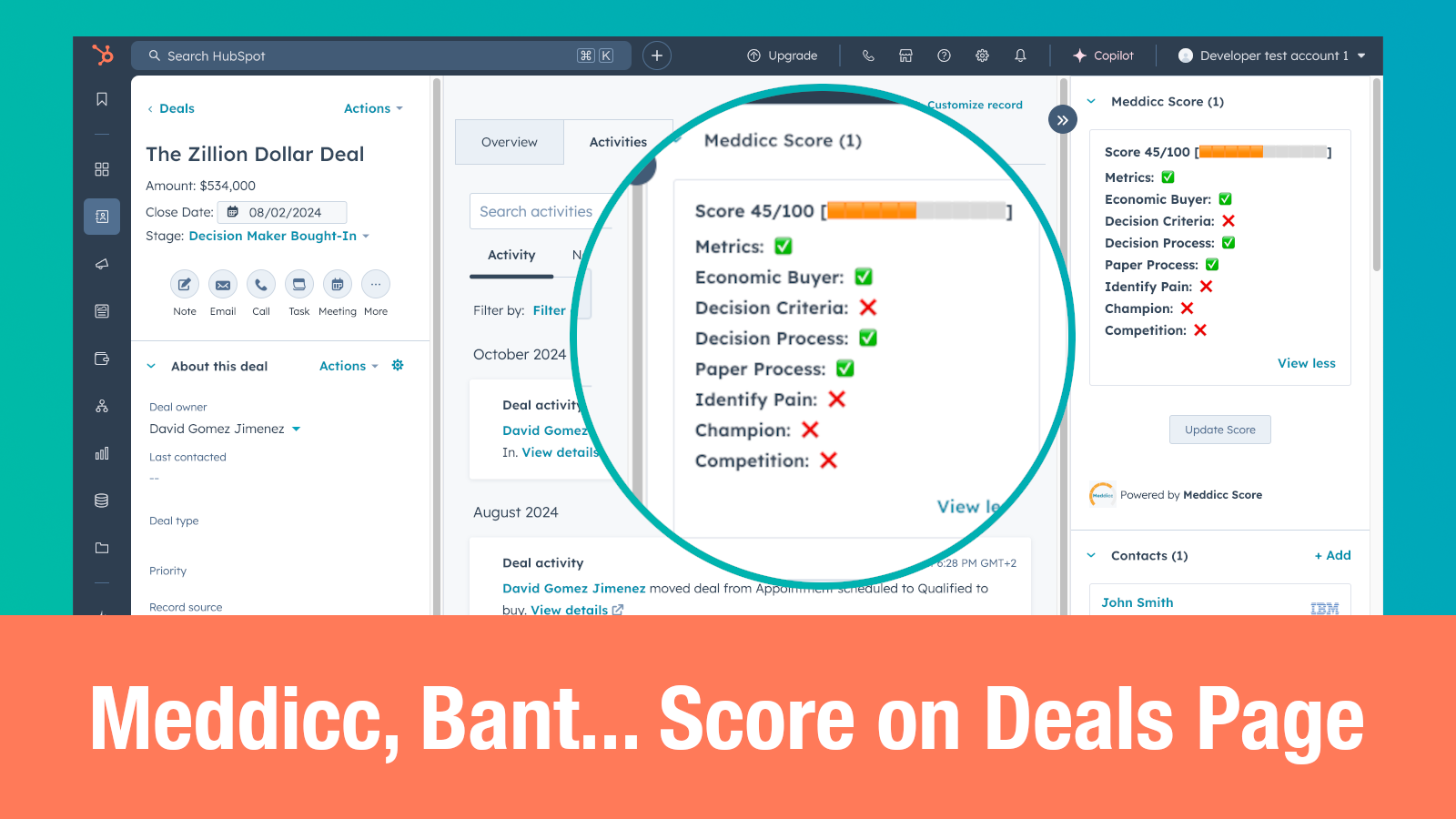Overcoming Sales Objections: Techniques for Handling Common and Complex Hurdles
In the world of sales, overcoming sales objections is a skill that every salesperson must master to succeed. Sales objections can emerge at every stage of the sales process, and effectively handling objections is crucial for closing deals and building long-term customer relationships. In this guide, we’ll explore various sales techniques to address both common and complex hurdles that sales professionals encounter.
Understanding Sales Objections
Before we dive into the techniques, let’s clarify what sales objections are. Sales objections are any concerns or doubts expressed by potential customers that can prevent them from making a purchasing decision. These objections may stem from price, need, product features, timing, or even past experiences with similar products or services.
Common Sales Objections
-
Price Concerns: Customers often feel that the price is too high. They may believe they can find a cheaper alternative or are unsure if the product is worth the investment.
-
Need Questions: Potential clients may question whether they truly need the product or service being offered. This often requires demonstrating value.
-
Timing Issues: Customers might indicate that it’s not the right time for them to make a purchase, often due to personal reasons or budget constraints.
-
Trust and Credibility: If a customer has never heard of your business or product, they may hesitate to engage.
Complex Sales Objections
Complex objections, on the other hand, tend to be deeply rooted in a customer’s unique context. These can include:
-
Competing Priorities: Customers may have several pressing obligations and feel overwhelmed.
-
Fear of Change: Some potential clients are afraid to change from their existing solutions due to fears about implementation or operational disruptions.
-
Past Negative Experiences: Previous negative encounters with a similar product can create barriers in trust and willingness to engage.
Techniques for Handling Objections
Here are proven techniques to help you effectively respond to both common and complex sales objections:
1. Active Listening
A critical first step in handling objections is to practice active listening. Pay attention to what the potential customer is saying without interrupting. This not only shows respect but also allows you to fully understand their concerns before responding.
2. Empathy and Validating Concerns
Acknowledging a customer’s feelings can go a long way. Use phrases like “I understand how you feel” or “That’s a valid point” to show you recognize their concerns. Empathy builds trust and rapport, making it easier for you to address their objections.
3. Reframing the Objection
Once you’ve recognized and validated the customer’s concerns, reframe the objection in a more positive light. For example, if a customer expresses hesitation about the price, you could highlight the long-term savings and increased value that comes with your product.
4. Providing Evidence
Use testimonials, case studies, and data to substantiate your claims. Showing potential customers that others have found value in your product can help minimize their doubts and illustrate real-world applications.
5. Ask Probing Questions
Encourage a dialogue by asking open-ended questions to better understand the specific nature of the objection. Phrases like “What specifically concerns you about this product?” can reveal deeper insights and allow you to tailor your responses.
6. Offer Conditional Solutions
Sometimes dealing with objections requires offering alternative solutions. For instance, if a customer is worried about budget constraints, explore financing options or introductory pricing. This shows flexibility and a willingness to work together.
7. Follow-Up and Reassurance
If the customer still appears hesitant, offer to follow up later. Check in after some time and provide additional information or answer any further questions they might have. Consistent communication can help ease doubts over time.
Conclusion
Effectively overcoming sales objections is a matter of employing the right techniques and understanding the underlying concerns of your potential customers. By applying active listening, empathy, and well-thought-out responses, you can turn objections into opportunities for engagement.
With the right approach, handling objections can not only enhance your close rates but also contribute to stronger relationships built on trust and understanding. Stay persistent and keep honing your sales techniques, and you’ll be well on your way to overcoming the hurdles that come your way in the world of sales.




